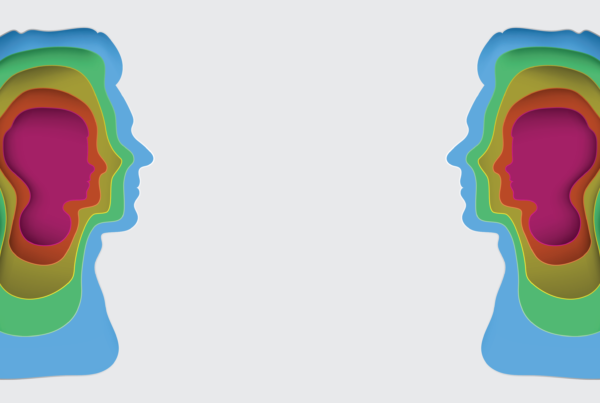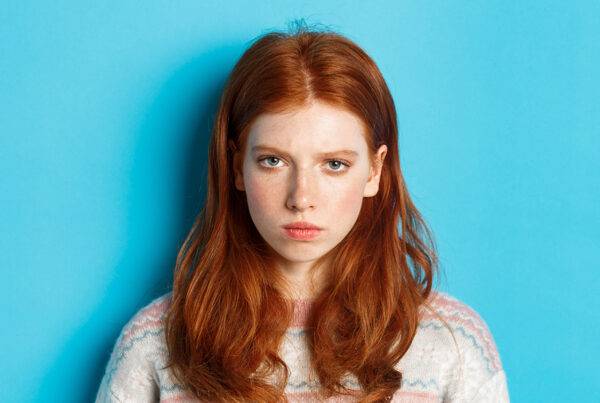
Personal Growth & Happiness
Hope for the New Year
“Hope smiles from the threshold of the year to come,
Whispering ‘it will be happier’…” Alfred Tennyson
Is it reasonable to hope for a better year in 2014? As we look back on the events of 2013 there are good reasons for disappointment, grief and despair. We experienced government gridlock in the midst of a slow and frustrating economic recovery. Our nation has one of the highest murder rates, and children continue to perish in their own school rooms. We continue to experience the pain of divorce, abuse and neglect at an alarming rate. Is there any reason to hope for a better year ahead?
Hope and optimism are uniquely human attributes. Other animals live mostly by instinct. Only the human brain is capable of hope for a better future. There is convincing scientific evidence that hope and optimism can be learned and practiced – and the result is a happier life. Psychologist Martin Seligman, Ph.D., coined the term “learned optimism.” We can become more hopeful and optimistic with a mindful practice that includes disputing negative beliefs, and taking positive action. But is it rational to be optimistic when we live in a world full of injustice, terrorism, war, and poverty? Should we be hopeful about a future that includes a 50% divorce rate, children who are abused at home and bullied at school, and when people in general seem to be more stressed and less compassionate?
In celebration of the World Day of Peace, January 1, 2014, a message by Pope Francis includes his “…best wishes for a life filled with joy and hope.” In his speech, Pope Francis talks about a foundation for hope – one that is based in caring relationships with others. Pope Francis speaks of the “…irrepressible longing for fraternity which draws us to fellowship with others and enables us to see them not as enemies or rivals, but as brothers and sisters to be accepted and embraced.” This connection between joy, hope and positive relationships has also been studied scientifically. Years of research shows us that people in caring, loving relationships are healthier, happier, and live longer – no surprise that they tend to be more hopeful and optimistic.
We know more than ever before how to create a positive, optimistic attitude, and how to create relationships based on empathy, compassion, and partnership. The formula is simple: Belief in abundance + positive action = happiness.
Abundance means that we truly have access to anything we might need – from food and shelter to loving relationships and meaningful work. To activate this formula we make a decision – we create the intention – to be productive, successful, and to maintain loving connections with others. We manifest these intentions through our positive actions. Dalai Lama XIV once said that “Happiness is not something ready made. It comes from your own actions.”
Should we be optimistic about 2014? Is it reasonable to hope for a better year? We know there will be new misfortunes and trauma in the year ahead. The Dalai Lama suggests that “Tragedy should be utilized as a source of strength. No matter what sort of difficulties, how painful experience is, if we lose our hope, that’s our real disaster.”
At the Relationship Center of South Florida we believe that hope is a realistic and empowering choice. It’s a choice that can be mindfully practiced every day. We choose to believe in abundance, and we manifest our intention to create positive change. It’s our hope that all of us choose to be caring and compassionate, and to practice fellowship, gratitude and forgiveness every day this new year.






